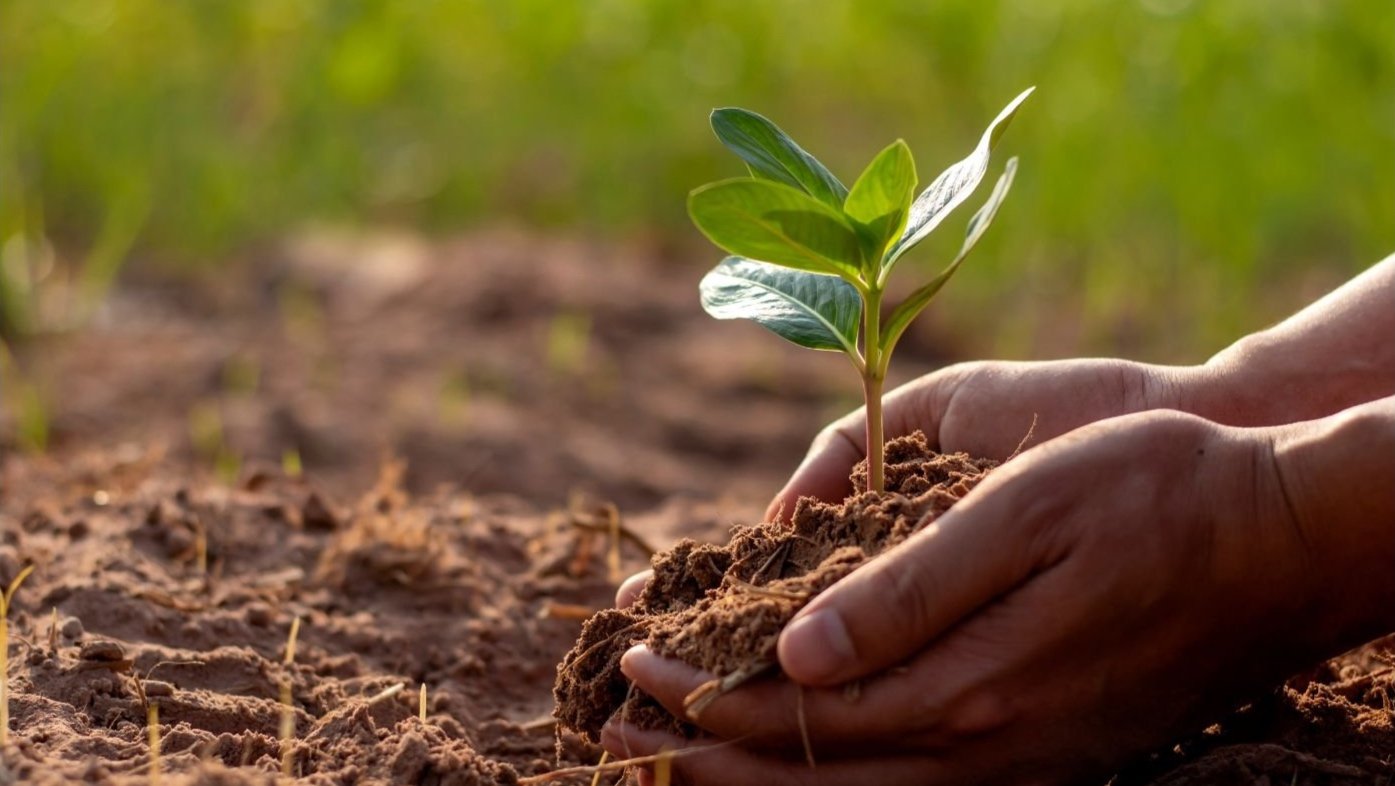
Carbon Farming
About
The SAF Project is involved in numerous projects on climate, soil carbon, renewable energy and more.
Carbon Farming
Carbon Farming broadly refers to land management activities that reduce greenhouse gas emissions from agricultural practices or sequester carbon dioxide in the landscape.
It is a complicated space and can be broken down into the following components.
Carbon footprint - ‘serves as an indicator to compare the total amount of greenhouse gases emitted from an activity, product, company or country. Carbon footprints are usually reported in tons of emissions per unit of comparison, such as per year, person, kg protein, km travelled, etc.’
Carbon Neutral - ‘balances emitting carbon and absorbing carbon from the atmosphere in carbon sinks. Removing carbon oxide from the atmosphere and storing it is known as carbon sequestration.’
Carbon Credits - Emissions Reduction Fund
Natural Capital - ‘is the world's stock of natural resources, which includes geology, soils, air, water and all living organisms. Some natural capital assets provide people with free goods and services, often called ecosystem services. These underpin our economy and society and thus make human life possible.’
Blue Carbon Lab - Blue carbon is simply the term for carbon captured by the world's oceans and coastal ecosystems.
Integrated Carbon Farming - The integrated farm method is a 'whole-of-property' carbon farming approach that combines multiple land management activities to store carbon in vegetation and soil
Tools available
Greenhouse Accounting Frameworks (GAF) for Australian Primary Industries - dairy, beef, horticulture, sheep, etc
Soil Organic Carbon Reserves And Transformations in EcoSystems
Emissions Reduction Fund Methods
Accounting for Nature - Opening new markets for natural capital.
Natural Capital Accounting - works with government, industry and communities to assess and account for natural capital such as water, soil, plants and animals.
Carbon Scout - Quickly assess profitability, understand the business case and identify the best pockets of land for a carbon project.
Bush Bank - Revegetating land to reduce carbon emissions and create habitat for some of Victoria’s most iconic species.
Carbon farming webinars
The SAF Project has run a number of online webinars and hosted several information sessions on Carbon Farming, Climate, etc.
Acknowledgements
This project is supported by East Gippsland Catchment Management Authority, through funding from the Australian Government’s National Landcare Program.







